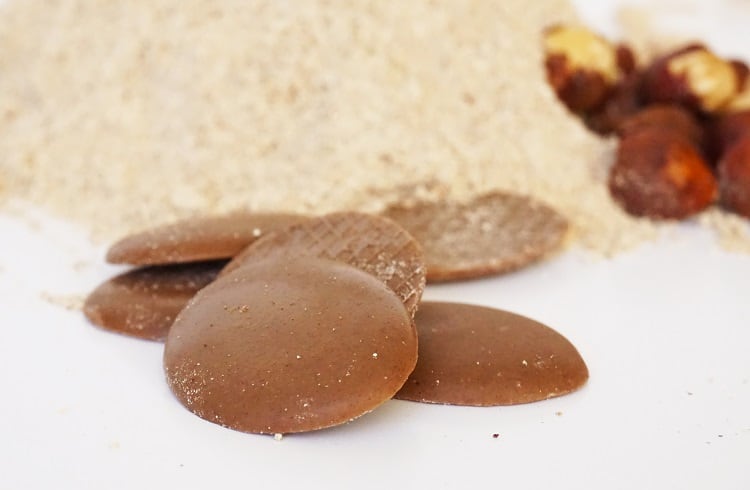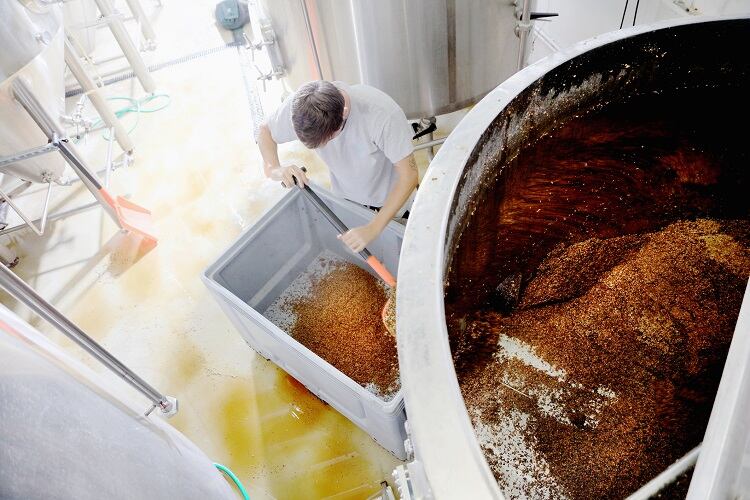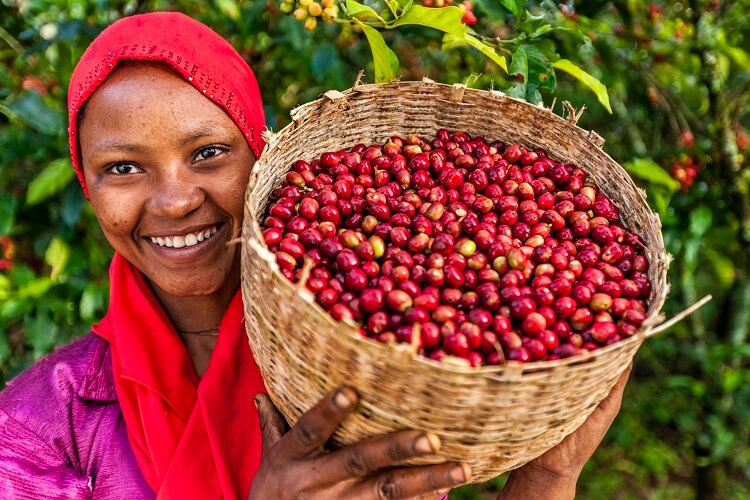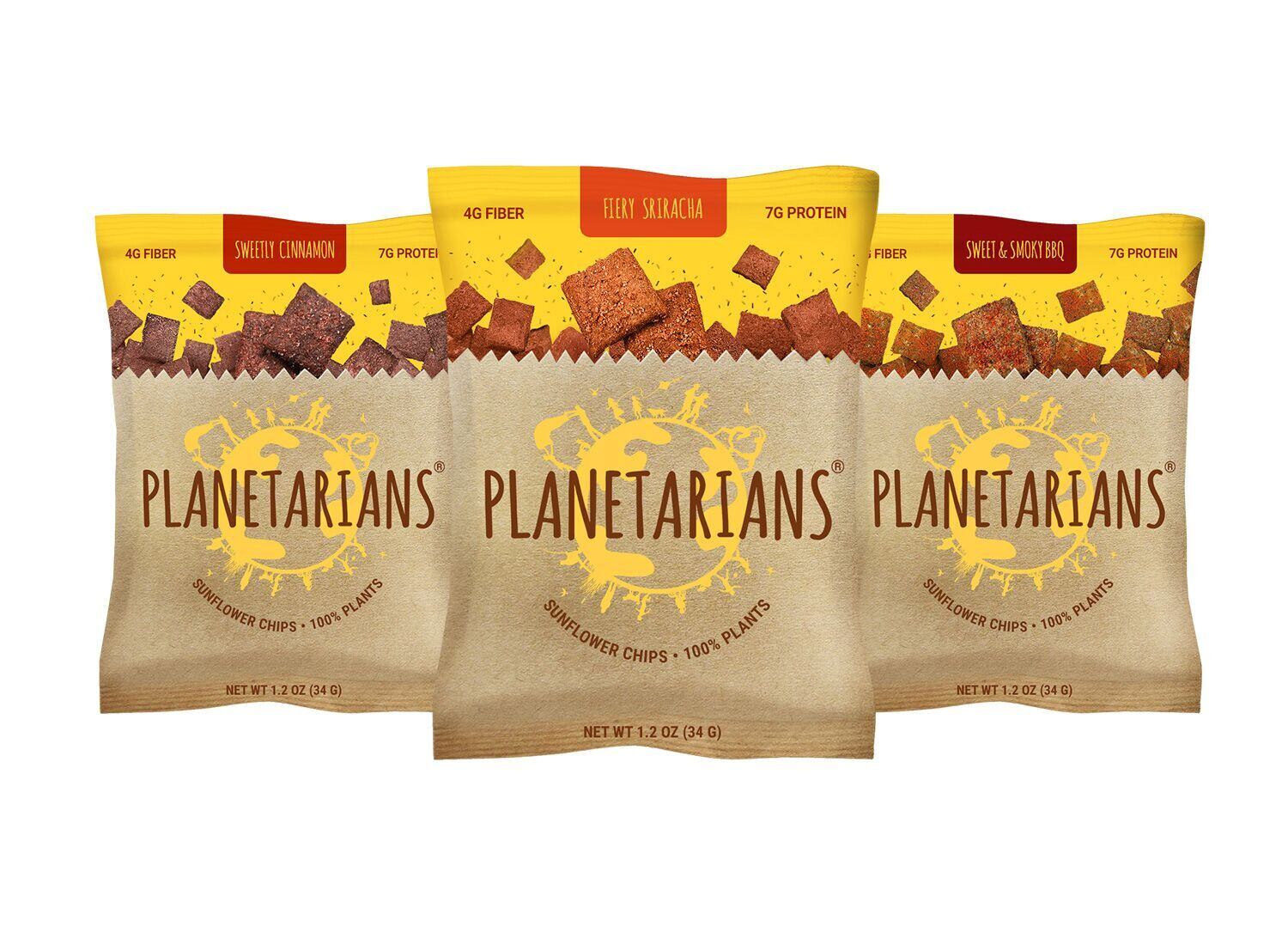Linnolat is the brainchild of Israeli-born chef Daniel Beker, who is upcycling defatted hazelnuts, coconuts, and sesame seeds, among others, for chocolatiers and pastry chefs in Europe.
The chocolate alternatives, made using by-products from the nut and seed oil industry, have a strong sustainability angle, Beker told FoodNavigator. “Before I started using defatted [nuts and seeds], they were either thrown away – because the quantities were too big – or given to farmers to use as animal feed,” the CEO and founder explained. “No one was using them as human food.”
While this in itself aligns with the long-term sustainability agenda of reducing food waste and contributing to a circular food system, Linnolat’s upcycling initiative was not Beker’s primary objective.
“The main goal for me is to get chefs to get rid of white and milk chocolate, because they are extremely unsustainable products,” he said, referring to the large quantity of milk powder required to manufacture these products.
“The whole dairy and milk industry is extremely unsustainable. And the milk powder problem is that it takes 10L of milk to make one kilogram of milk powder. So you need 10,000L of water in order to make one kilogram of milk powder.”
Water usage aside, Beker suggested milk powder is less healthy than defatted nuts and seeds. “In order to make milk powder, milk is spray dried. [During this process] the fat in the milk powder is oxidised and that is the worst kind of cholesterol that we can consume,” he said.
“The real goal is…to make people think again before they use white and milk chocolate, now that they have an alternative.”
Culinary science
Beker developed a passion for chocolate while studying at renowned French culinary school, the Institut Paul Bocuse. Having taken time to visit Peru and its cocoa plantations, Beker returned to his second year at the Lyon school where he studied the nutritional science of food, and in particular, of nuts and seeds.
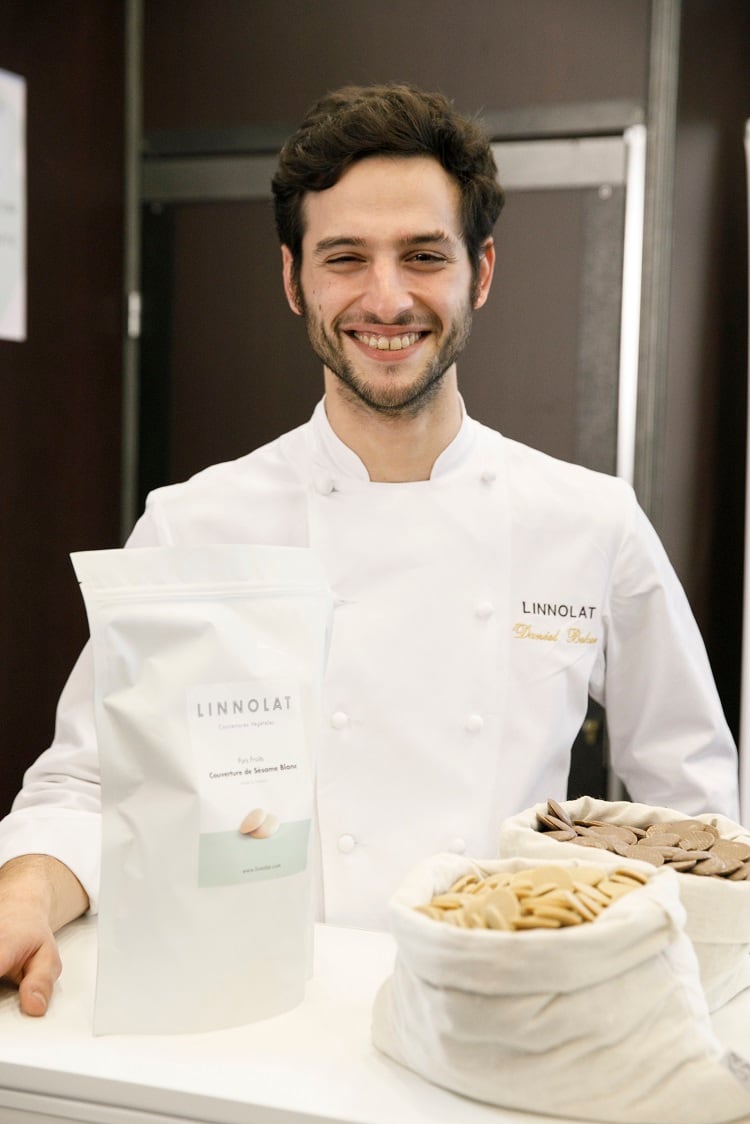
“It was while studying nutrition that I made the link between cocoa, and nuts and grains,” Beker told this publication. “They are basically built in the same way, with the main difference being fat. In cocoa, it is saturated fat – cocoa butter – and in nuts it is unsaturated fat, or oil.”
The ‘lightbulb moment’ for Beker came when, having separated the fat from the fibre in a hazelnut, he found himself with a “chocolate-like” product that tasted like hazelnut.
Beker described this process as similar to fat extraction in cocoa beans. “When you make cocoa butter, the by-product is cocoa powder. When you make hazelnut oil, what is left is the ‘essence’ of the hazelnut, which comes in a powder form.”
And when cocoa butter is added to these defatted hazelnuts, “you get a chocolate-like product in terms of texture, but it has purely the flavour of hazelnuts,” he explained.
A rival in the white and milk chocolate space?
Linnolat launched its first ‘Pure Fruit’ drops in late 2017 to target foodservice operators in the specialist chocolate and pastry space. The start-up’s range includes three couverture flavours made from French hazelnuts, Philippine coconuts, and Indian sesame seeds.
Each couverture contains just four ingredients: cocoa butter, defatted nut/grain, sugar, and sunflower lecithin, and can be used for a variety of applications, including for mouldings, decorations, bonbons, mousses, and glazing.
The start-up has also developed an ‘Intensity’ coffee couverture made from cocoa butter, coffee grains, partially defatted almonds, sugar, and sunflower lecithin. Linnolat recommends this application for ganache, decorations and bonbons.
Beker also told us his couvertures are a “nice product for ice cream and vegan sorbets”, and are currently being used as such in France, Spain and the UK. The start-up has plans to expand to Israel and the US.
“We are the first to launch this kind of product,” the founder told this publication. While other vegan chocolate brands exist, and French chocolate company Valrhona Chocolates has developed a similar almond-based couverture, Beker said his product contains approximately 20% less sugar, and consequently has a “very different” flavour profile. Further, vegan chocolates are often based on starch, he told us. “Flavour-wise, they are not very good, and they are really hard for a chef to work with.”
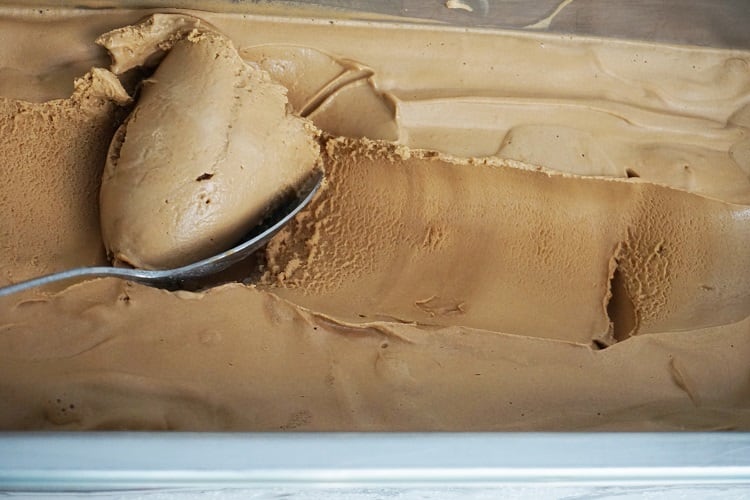
In terms of ‘chocolate-like’ properties, Beker sees his product as a true contender in the artisan white and milk chocolate space.
“It is like white chocolate,” he explained. “White chocolate is made from cocoa butter, milk product and sugar. Instead of milk powder, I use hazelnut powder.”
The CEO continued: “It looks exactly like chocolate, and in terms of texture, it is very similar to milk and white chocolate. [This is] because it has a little bit of residue of fat from the nuts, which makes it a bit more tender than dark chocolate, but it still has a nice ‘snap’ and you can mould it, make tablets, or coat things with it.”
Flavour-wise, Beker described the coconut couverture as having “a gentle coconut” flavour, and the hazelnut offering as boasting “great, intense” taste profile. “It is much less sweet than milk or white chocolate,” he added. “[It contains] between 20-27% sugar, compared to 40-60% in [conventional] white and milk chocolate. So the flavour is very intense.”
Linnolat hits the accelerator
It was recently announced that Linnolat, along with 53 other agri-food start-ups, was accepted into EIT Food’s accelerator hub programme.
During the four-month course, entrepreneurs will benefit from infrastructure support, prototyping facilities, and business advice in five locations: Munich in Germany, Haifa in Israel, Lausanne in Switzerland, Bilbao in Spain, and Cambridge in the UK.
Beker, who is undertaking the programme in Switzerland, said it the accelerator has come at an “exciting time” for Linnolat. “We recently increased capacity, so we are ready to go further. I think it is very important for me as a solo founder to be supported and surrounded by people with more experience.
“After one and a half years alone, it’s very good timing. I don’t really know what to expect, but I am sure it will bring beautiful things.”


